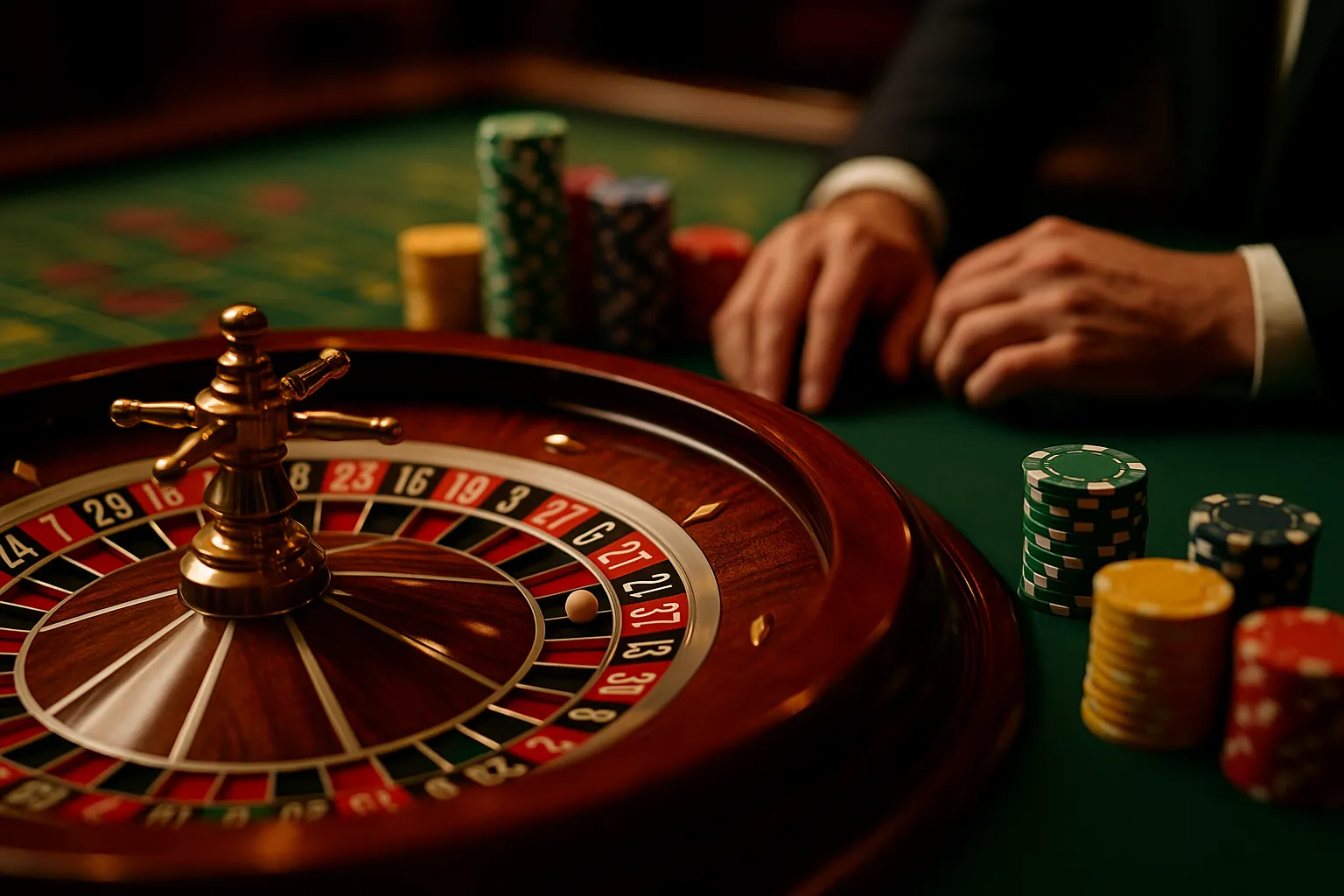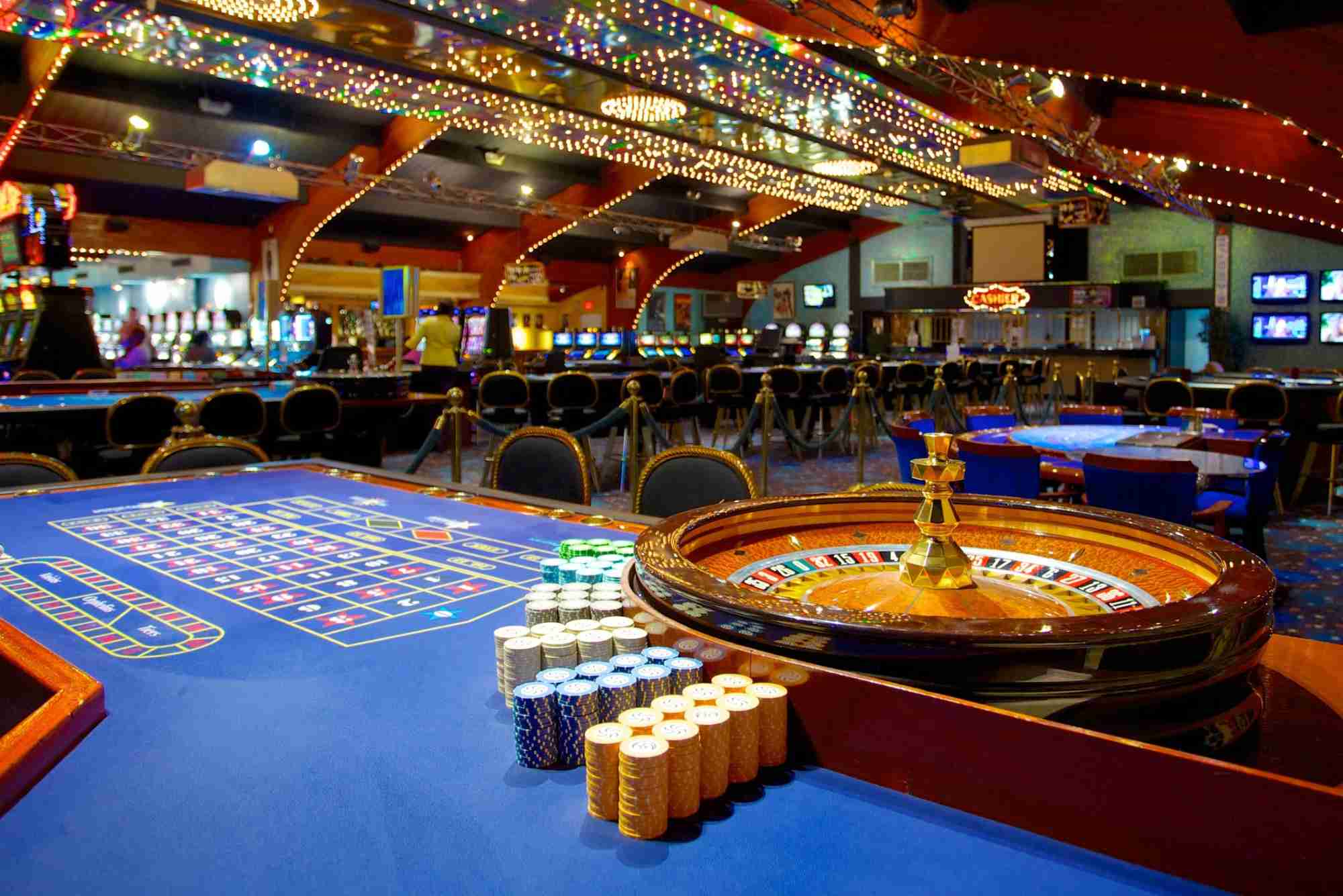Roulette is one of those timeless casino games that instantly captures attention. The spinning wheel, the bouncing ball, and the rows of red and black numbers create an atmosphere of suspense that keeps players hooked. At its core, roulette is seen as a game of chance, but many players wonder: is it purely luck, or can strategy genuinely tilt the odds in your favor?
As someone who has spent years observing and playing roulette both in land-based casinos and online, I can say the truth lies somewhere in between. Roulette is undeniably driven by luck, yet there are elements of strategy that can shape the experience and sometimes the outcome.
The Foundation of Chance in Roulette
Roulette outcomes are entirely random. Once the croupier spins the wheel and releases the ball, no player can predict exactly where it will land. Every spin is independent of the last, which means hot streaks and cold streaks are illusions created by probability.
That’s why many players approach roulette casually, accepting that luck is the main deciding factor. However, this doesn’t mean strategy is meaningless. It simply means strategy must be understood within the framework of chance. This is where experienced players look at not just the game itself, but also where they play, often turning to fast payout casinos uk to make sure their winnings are accessible without unnecessary delays.
How Strategy Fits into the Roulette Experience
Even though no system can alter the fundamental odds of roulette, strategies can help manage bankroll, reduce risk, and extend playing time. Systems like the Martingale or Fibonacci progressions are widely discussed because they provide structured ways to place bets.
For example, Martingale involves doubling your bet after every loss to eventually recover previous losses with one win. While it seems logical, it carries the risk of hitting table limits or exhausting your bankroll quickly. Other systems, like betting on outside bets (red/black, odd/even, high/low), offer better chances of winning small amounts regularly, though the payouts are smaller.
So, strategy in roulette is less about beating the wheel and more about controlling how you interact with it. A good approach can help players avoid reckless bets and maintain discipline, which is crucial when luck isn’t on your side.
The Illusion of Predictability
One of the most common misconceptions is that past outcomes influence future spins. Players often fall into the trap of believing a number is “due” or that a streak must end soon. This is known as the gambler’s fallacy.
Roulette wheels are designed to ensure fairness and randomness, especially in regulated online casinos. In practice, the ball has no memory — whether it landed on red five times in a row doesn’t affect the odds of it landing on red again. Believing otherwise can lead players to place riskier bets based on false logic.
The Balance Between Fun and Strategy
At the end of the day, roulette is a form of entertainment. Expecting to consistently win through strategy alone sets up unrealistic expectations. Instead, the best mindset is to treat roulette as a blend of luck and structured play.
Players who approach the game strategically — by setting limits, choosing bet types carefully, and walking away when needed — tend to enjoy the game longer and avoid the financial stress that comes from relying on luck alone. That balance between randomness and control is what keeps roulette exciting.
Real-World Example: Luck Versus Strategy in Action
I once watched a player win £800 in under 20 minutes by placing high-risk straight-up bets. Pure luck was on their side as the numbers lined up perfectly. A week later, the same player lost nearly the same amount using the same approach. Contrast that with another player who consistently used outside bets with small stakes, walking away after doubling their bankroll.
Both players enjoyed roulette, but their experiences highlight the key difference: luck can deliver big wins quickly, but strategy helps sustain play and avoid crushing losses.
The Role of Casino Choice
Strategy isn’t just about how you bet; it’s also about where you play. A fair, regulated casino ensures that roulette outcomes are genuinely random and payouts are honored promptly. Choosing a platform with strong customer trust, good banking options, and fast withdrawals enhances the overall experience. For serious players, this is often as important as the game itself.
Final Thoughts
Luck will always dominate roulette, but strategy can influence how you experience the game. You can’t change the odds, but you can control your approach — from bankroll management to bet selection and even the casino you play at. The smartest players use strategy not to beat the system, but to manage risk and maximize enjoyment.
So while roulette may never be fully conquerable, combining the thrill of chance with disciplined strategy ensures the game remains entertaining without turning into a financial burden.








